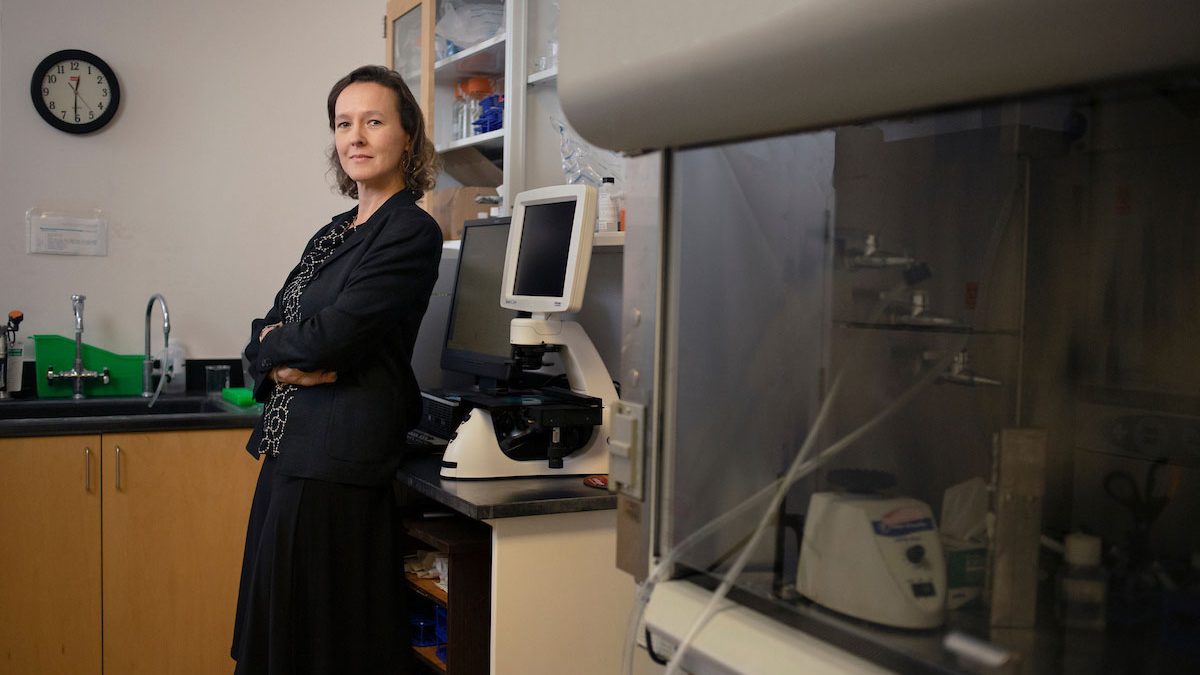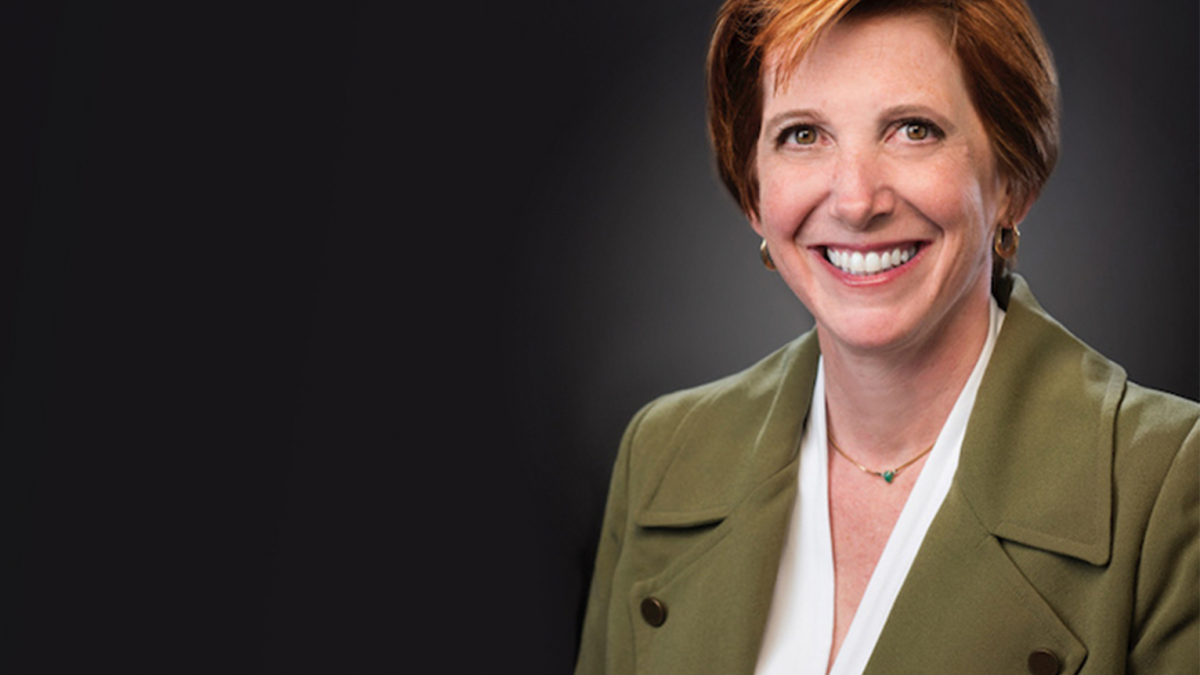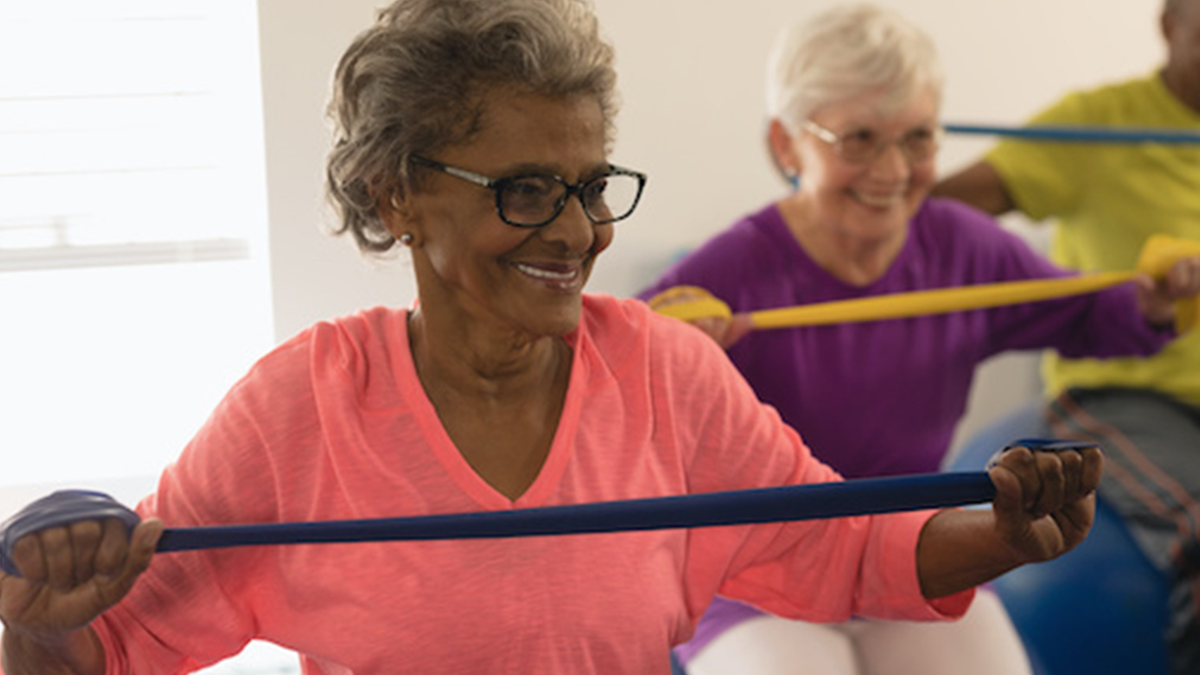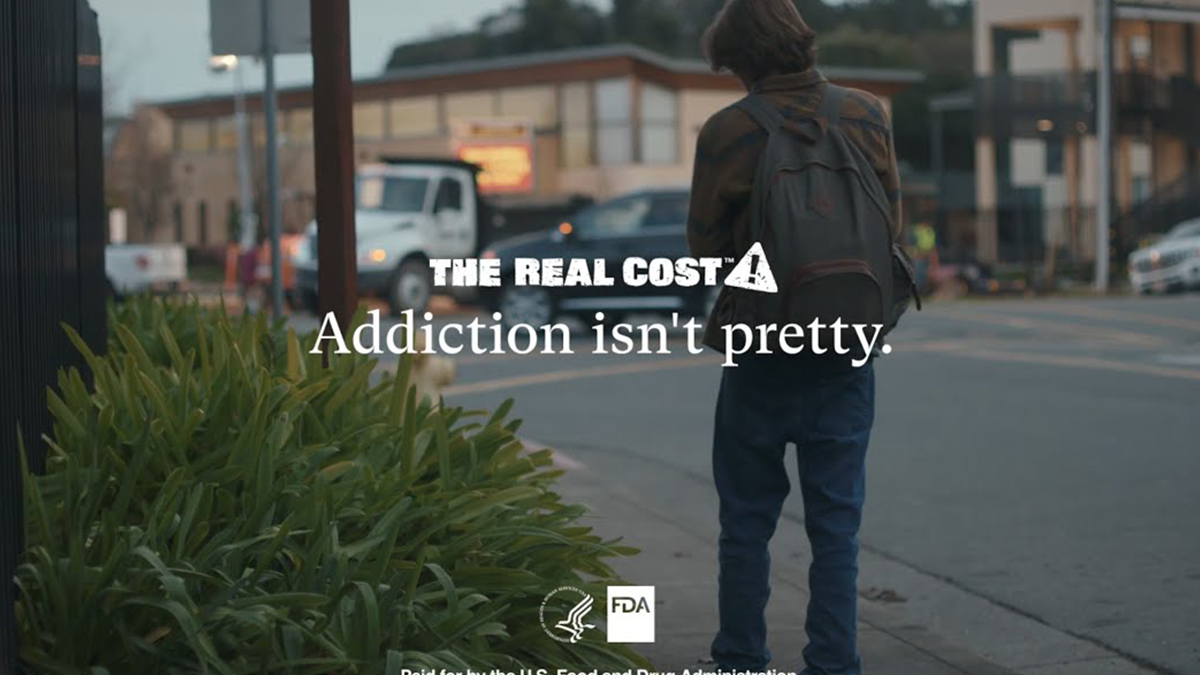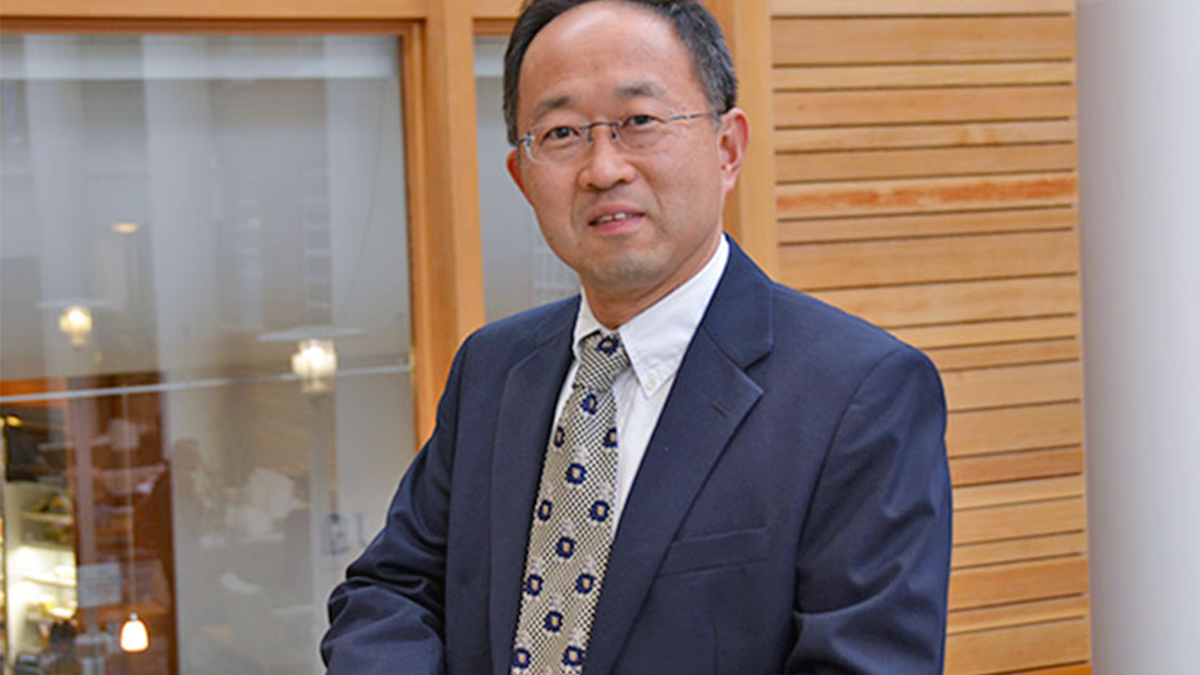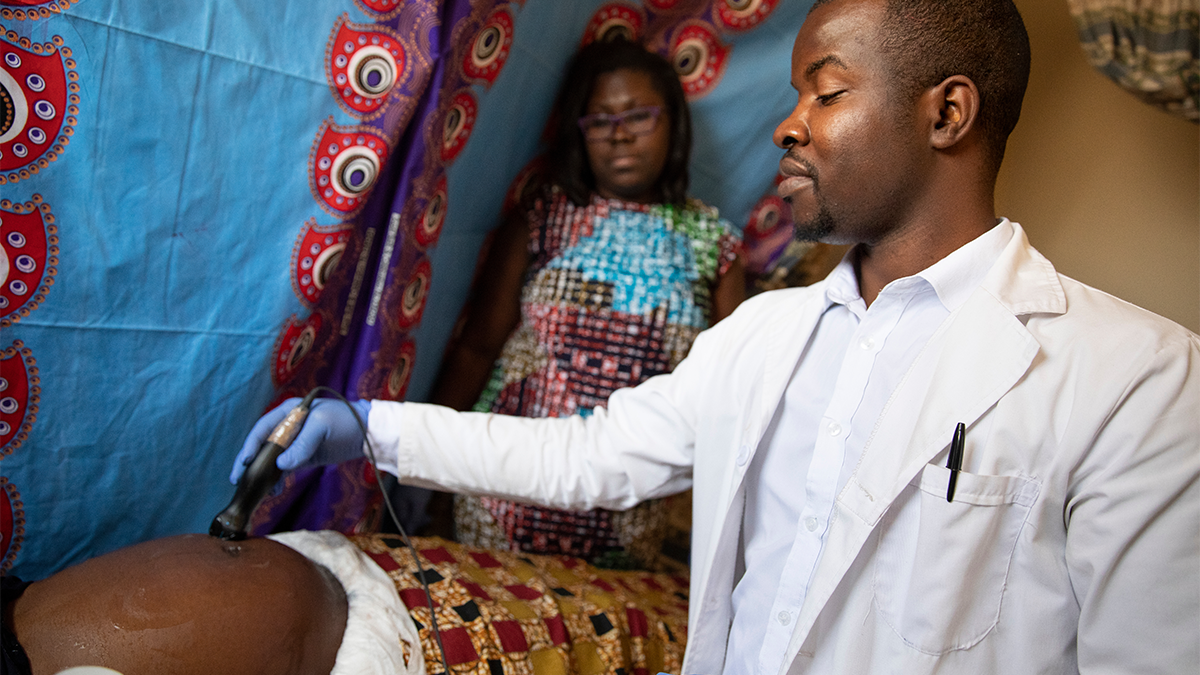Students on the Frontlines of Humanitarian Health
Published on June 11, 2021The Humanitarian Health Initiative leverages Carolina's global health expertise in support of humanitarian efforts around the world.
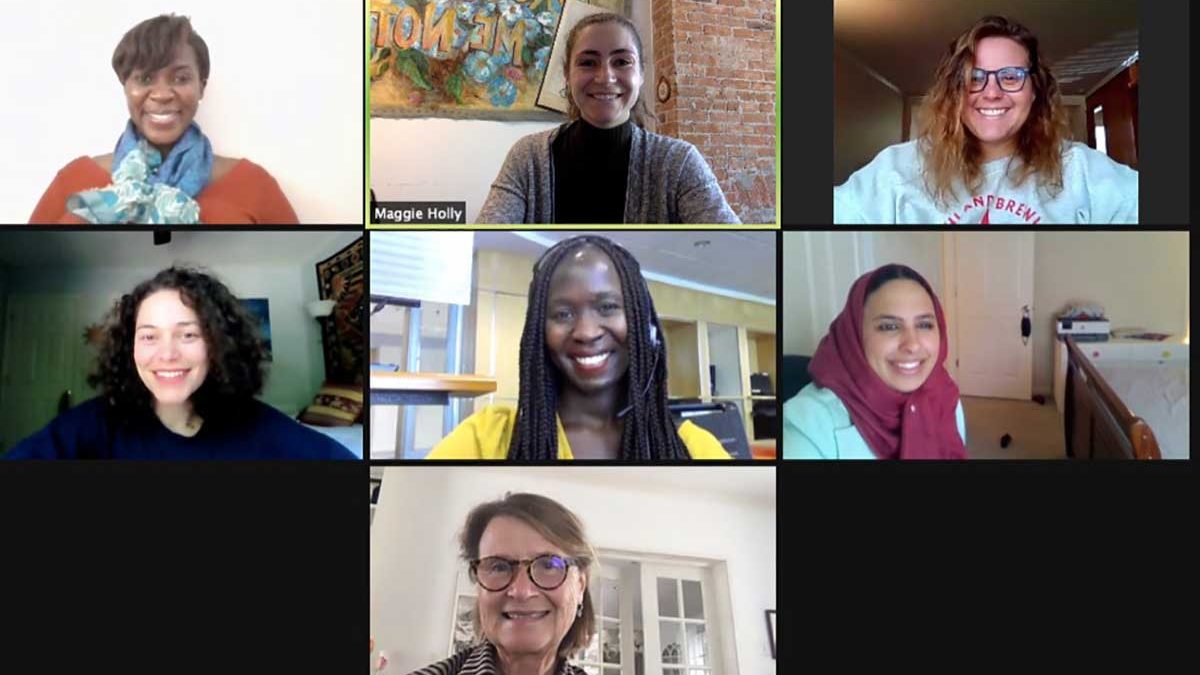
The Humanitarian Health Initiative leverages Carolina's global health expertise in support of humanitarian efforts around the world.
The Humanitarian Health fellows jumped into global work in a digital environment. From left to right, top to bottom: Doreen Ankamah, Maggie Holly, Katerina Pattee, Lein Soltan, Doreen Alumaya (volunteer), Alaa Hammouda (volunteer), and Sheila Leatherman.
The UNC Gillings School of Global Public Health launched the Humanitarian Health Initiative (HHI) to leverage the school’s global health expertise in support of humanitarian efforts around the world. Led by Professor Sheila Leatherman, the HHI responds to a growing need, as fragile health systems, conflict and violence threaten the health of more than two billion people globally.
Under the HHI, faculty members have been working in several countries — to lead humanitarian-related programs at multilaterals, advise national governments, research key threats and possible remediation interventions, and provide on-the-ground technical support.
With donor support, the HHI launched a new series of internships that pair current students with faculty experts in the school’s Research, Innovation and Global Solutions office, giving the students firsthand experience applying their public health training where it can be of maximum impact. Four internships were offered during the 2020–21 school year, and these four students jumped into humanitarian work, despite the COVID-19 pandemic. They supported humanitarian organizations, increased our understanding of maternal health issues and sought to improve access to effective health care in fragile settings.
Lein Soltan is seeking a Master of Public Health in global health. She worked with Assistant Professor Aunchalee Palmquist and an interdisciplinary research team based in Iraq to examine the perinatal and postpartum experiences of internally displaced Yazidi women in Iraq.
“My interests in humanitarian health are largely inspired by my own experience as a Palestinian American,” said Soltan. “My family came to the United States in 1990 as Palestinian refugees fleeing the Gulf War in Kuwait. The more I learned about my family history of repeated displacement and dispossession, the more compelled I became to do something about it.”
Doreen Ankamah is an M.P.H. candidate in maternal child health. Working with Adjunct Associate Professor and Gillings Humanitarian Fellow Dilshad Jaff ’15 (M.P.H.) and Leatherman, he is assisting in the identification of evidence-based interventions that are effective and feasible within the South Sudan context to improve access, safety and effectiveness of health care.
“The internship has provided me a hands-on opportunity to work in a real-world humanitarian setting, thereby better appreciating the challenges and emerging problems faced not only by displaced populations but humanitarian actors as well,” said Ankamah, who practiced as a physician in Ghana before seeking an M.P.H. at Carolina.
Katerina Pattee is and M.P.H. candidate in global health. She works with Leatherman in conjunction with a nongovernmental organization in Syria.
“I studied comparative health care systems in Northern Europe and Scandinavia in college while living in Copenhagen, and I saw the model of universal health care in action,” said Pattee. “That idea that everyone deserves quality health care despite citizen status or socioeconomic capabilities stuck with me.”
Maggie Holly is a Ph.D. candidate in health policy and management. Maggie works with Leatherman on various humanitarian health projects.
“I have learned an incredible amount as an intern. The opportunity to sit in on meetings, work with global partners and learn from Sheila’s expertise has helped me grow as a professional,” said Holly.
The COVID-19 pandemic and resulting global recession threaten to worsen growing humanitarian crises. According to projections, more than 235 million people will need humanitarian assistance and protection in 2021. In response, Gillings School faculty and students are conducting research; building capacity and providing technical support to countries and NGOs; conducting engagement and service projects; and advocating improved public health policy and practice.
More must be done, individually and collectively, and the HHI represents an important commitment to deploy Carolina expertise. These internships place Gillings School students in the position to help immediately and build their experience for the future.
Student internships with the HHI are made possible by generous gifts from several members of the Gillings School community: Leah Devlin, Subhash Gumber, Donald Holzworth, Sheila Leatherman, Benjamin Meier, and Louise and Derek Winstanley.
